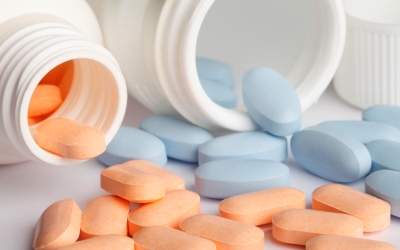How to Protect Your Child against Medication Poisoning
Your prescription medications may do wonders for your wellness, but you may be putting your child’s wellbeing at risk. This is according to a new study, published in the June 3rd online edition of Paediatrics, which found that, the number of adults being prescribed medications has risen, the number of children being accidentally poisoned by prescription drugs has also grown.
The research ream examined data from the National Medicare Surveys to find out which medications were most commonly prescribed to adults, and then compared this to the National Poison Data system’s information on child poisonings. According to Lead researcher Dr. Lindsey Burghardt, from the division of emergency medicine at Boston Children’s Hospital, ‘We found between 2000 and 2009 [that] rates of paediatric exposure to adult medications were increasing.’
Over 60,000 children are evaluated in emergency departments for “unintentional medication exposures” every year. Of these children, 12% end up hospitalised. Doctors are trying to do more to prevent this damage to family wellness, but, as Burghardt explains, ‘Despite all these precautions that have been put in place to try to prevent these poisonings in kids the problem persists. In fact, the number of poisonings has been increasing.’ Clearly, you need to take medication safety into your own hands.
In partnership with PROTECT, the Centres for Disease Control and Prevention (CDC) have outlined six things that all parents should do to protect their children:
1. Keep your medications in a place your children can’t reach, even if they stand on a chair.
2. While it’s more convenient to leave out medications if, for example, you have a painful injury that makes it hard for you to move, you still need to put medicine away every time you use it.
3. Always double check that the safety cap is locked.
4. Educate your children about medication safety, the health risks of taking someone else’s medication, and how they should never take medicine by themselves.
5. Ask any house guests to practise medication safety.
6. Be prepared in case of an emergency. The NHS Direct 24 helpline is 0845 4647 or 111 – make sure you have it written down next to all your landline phones and programmed into all your mobiles.


Comments are closed.